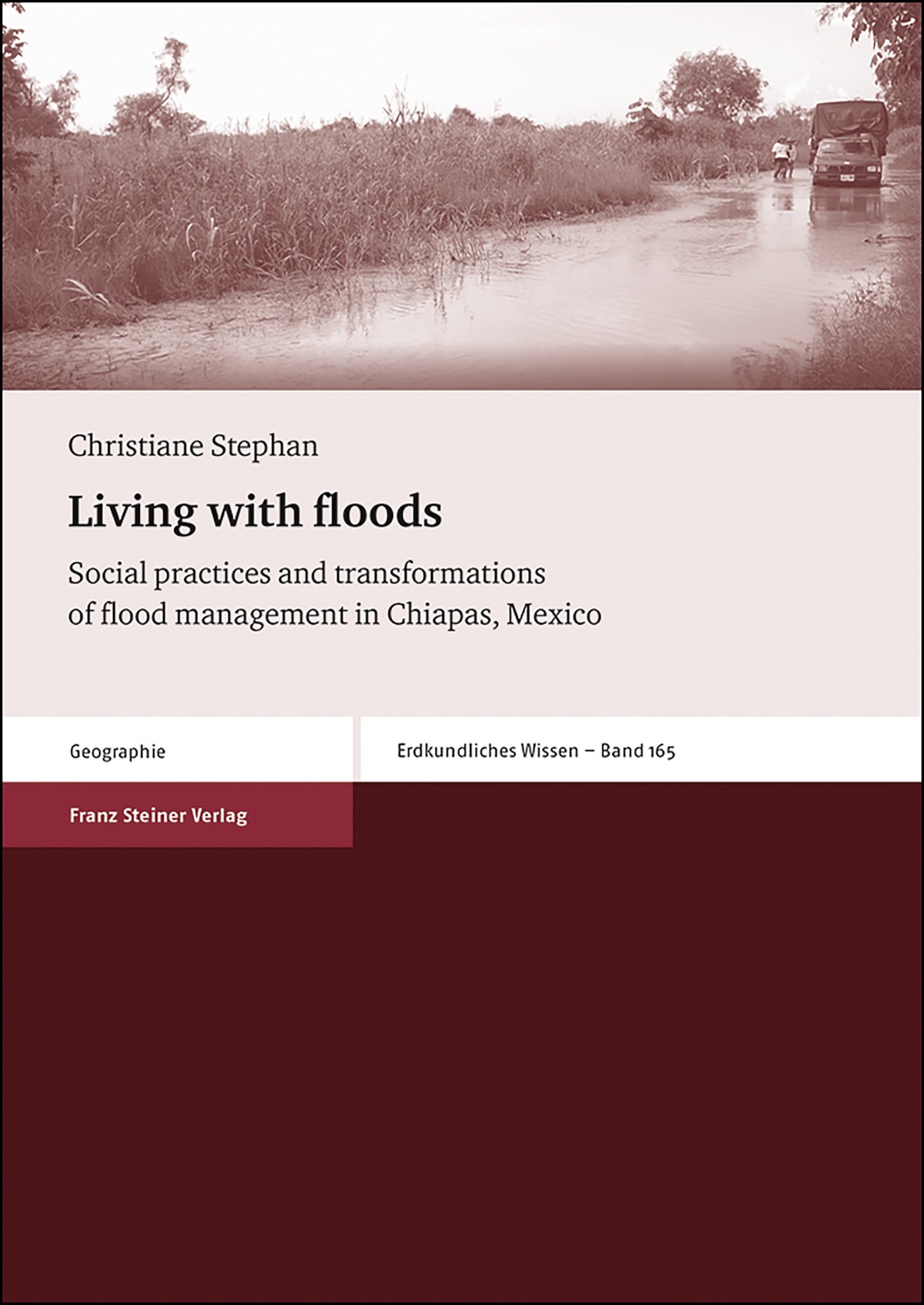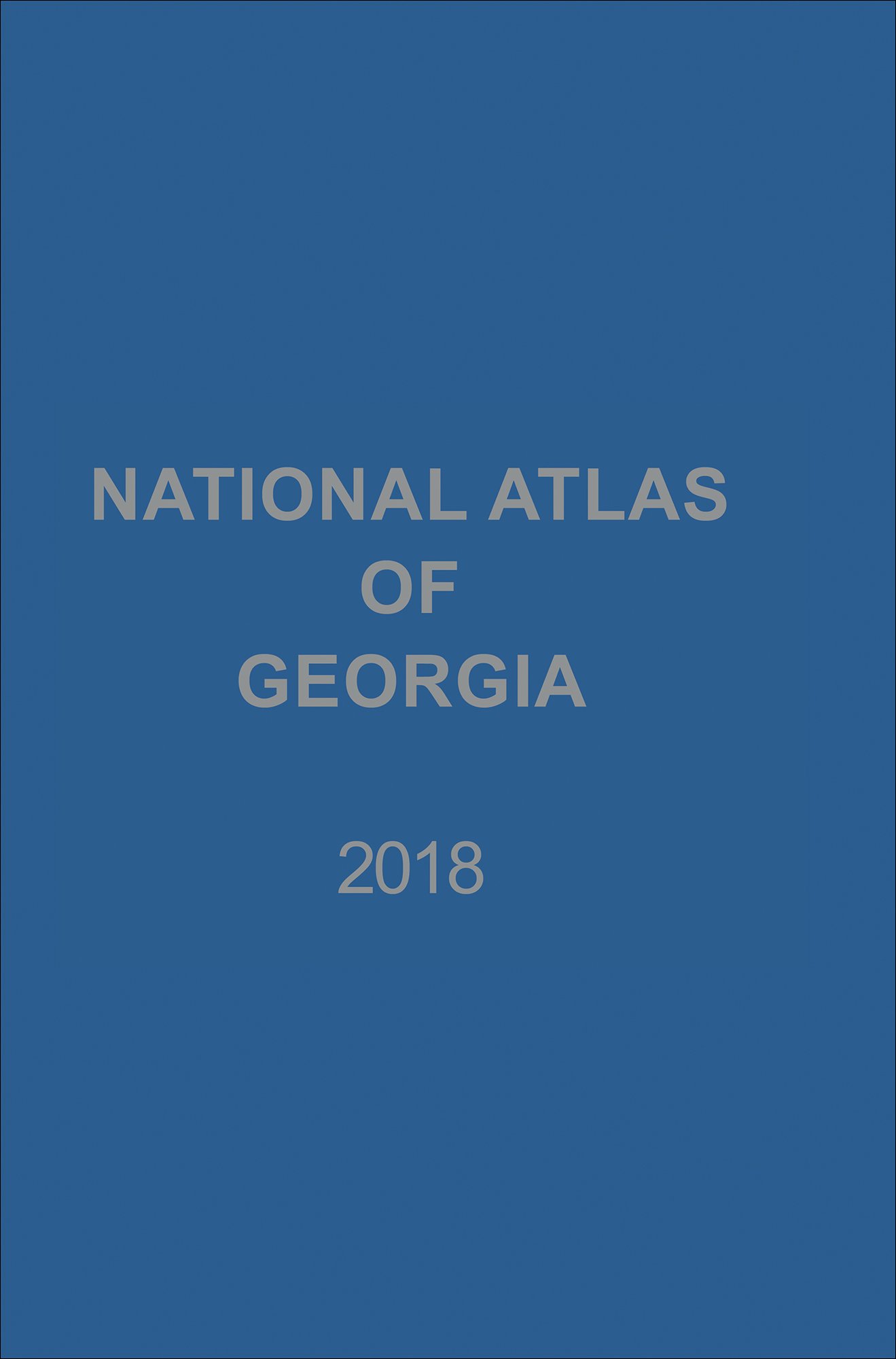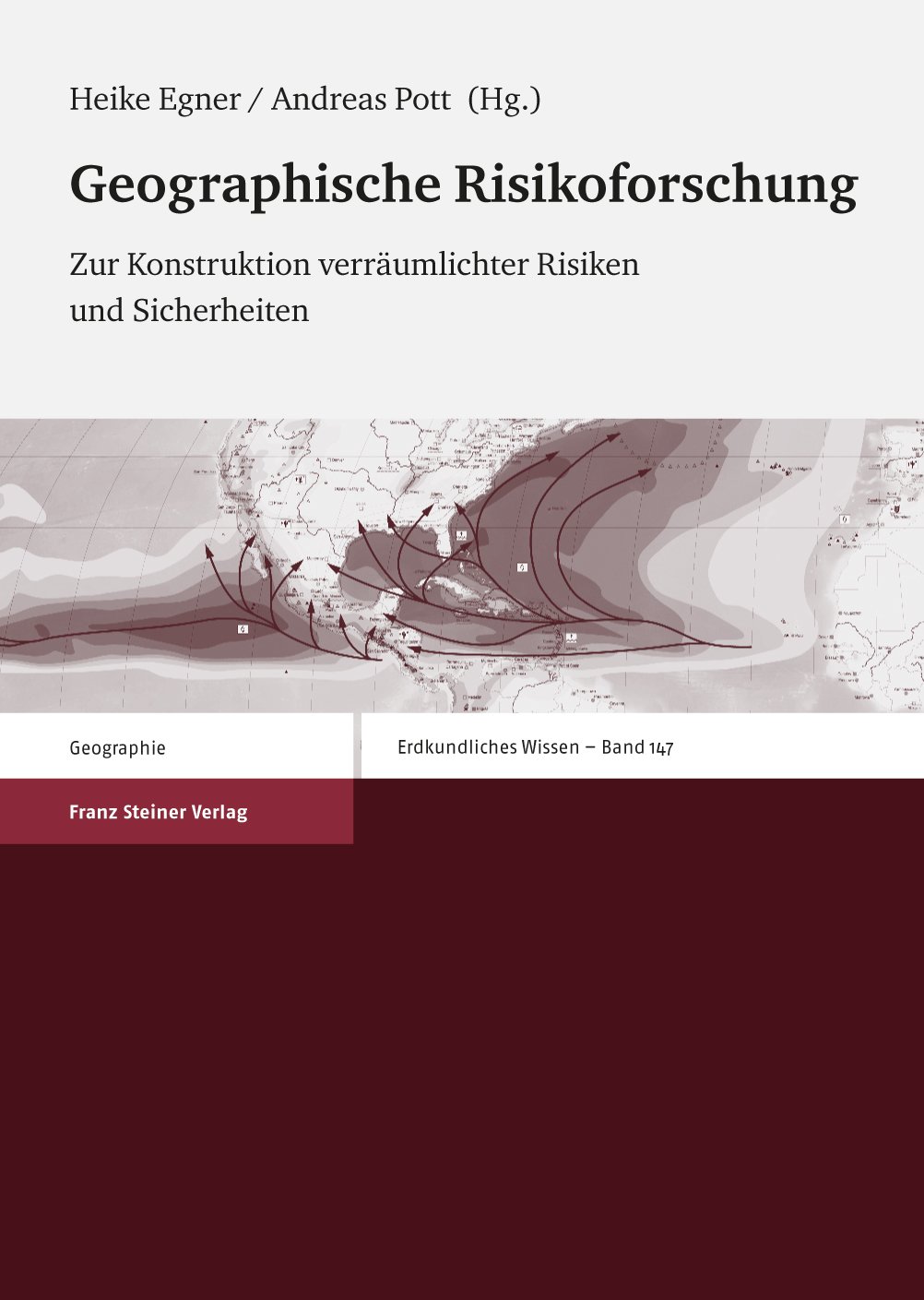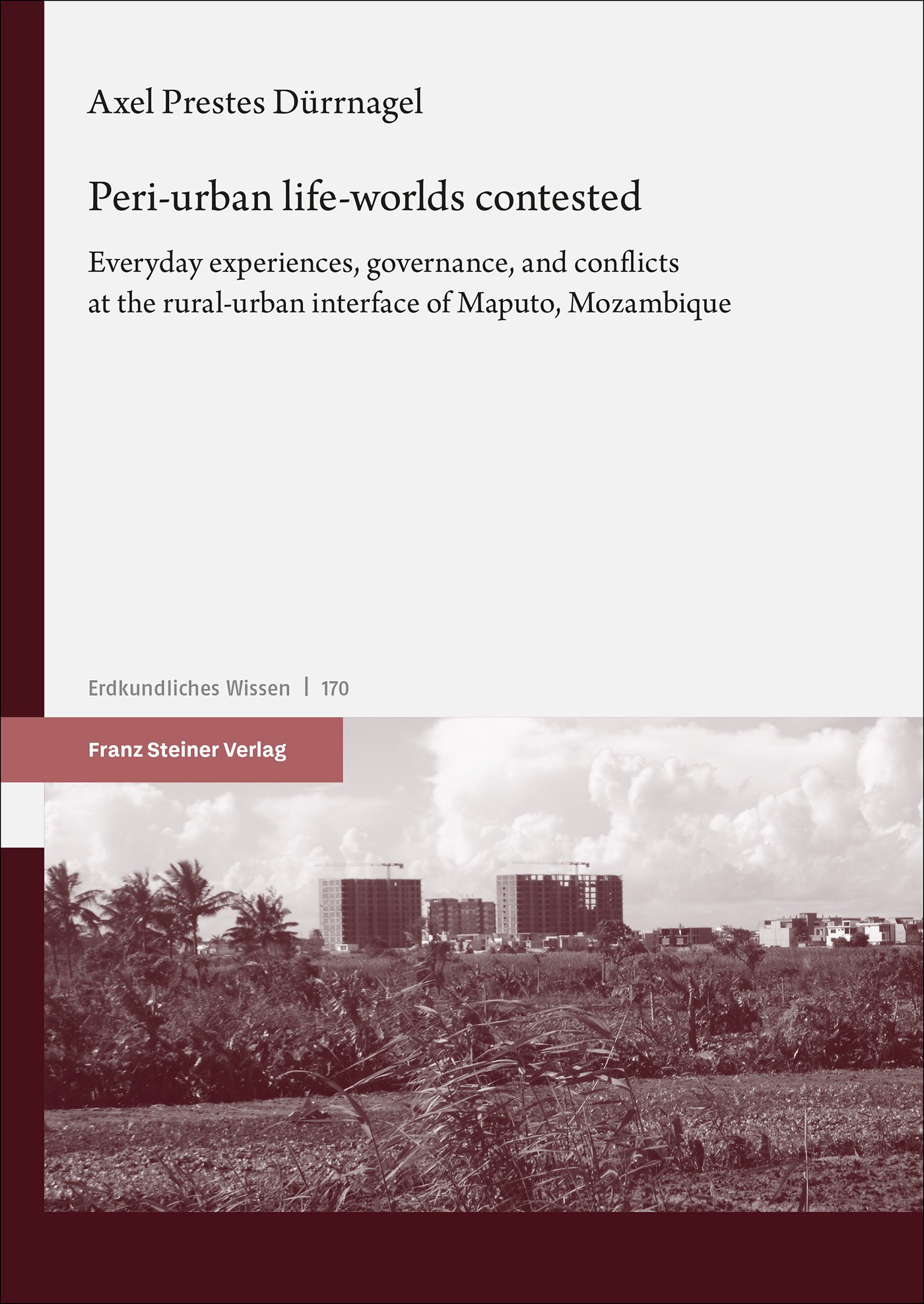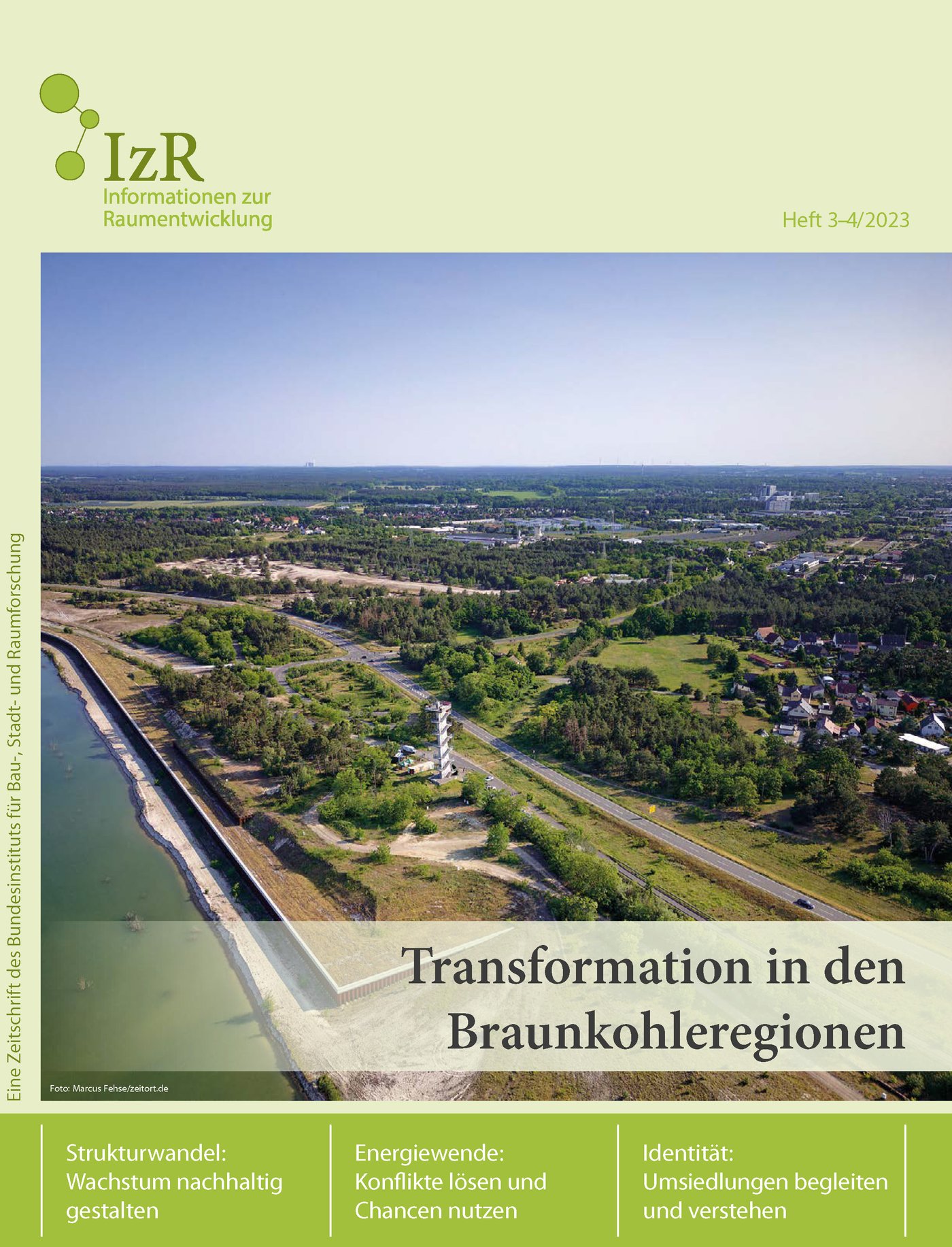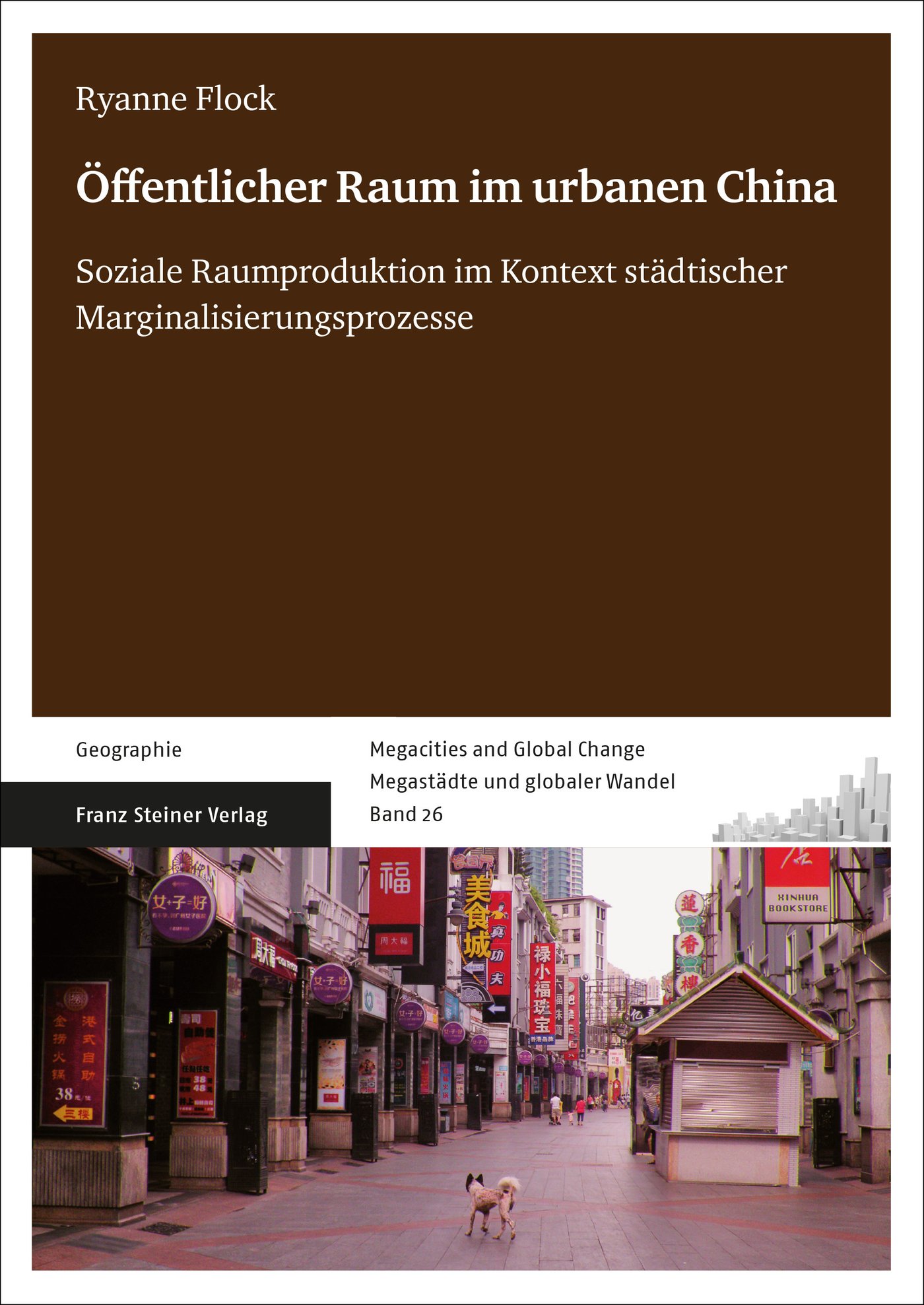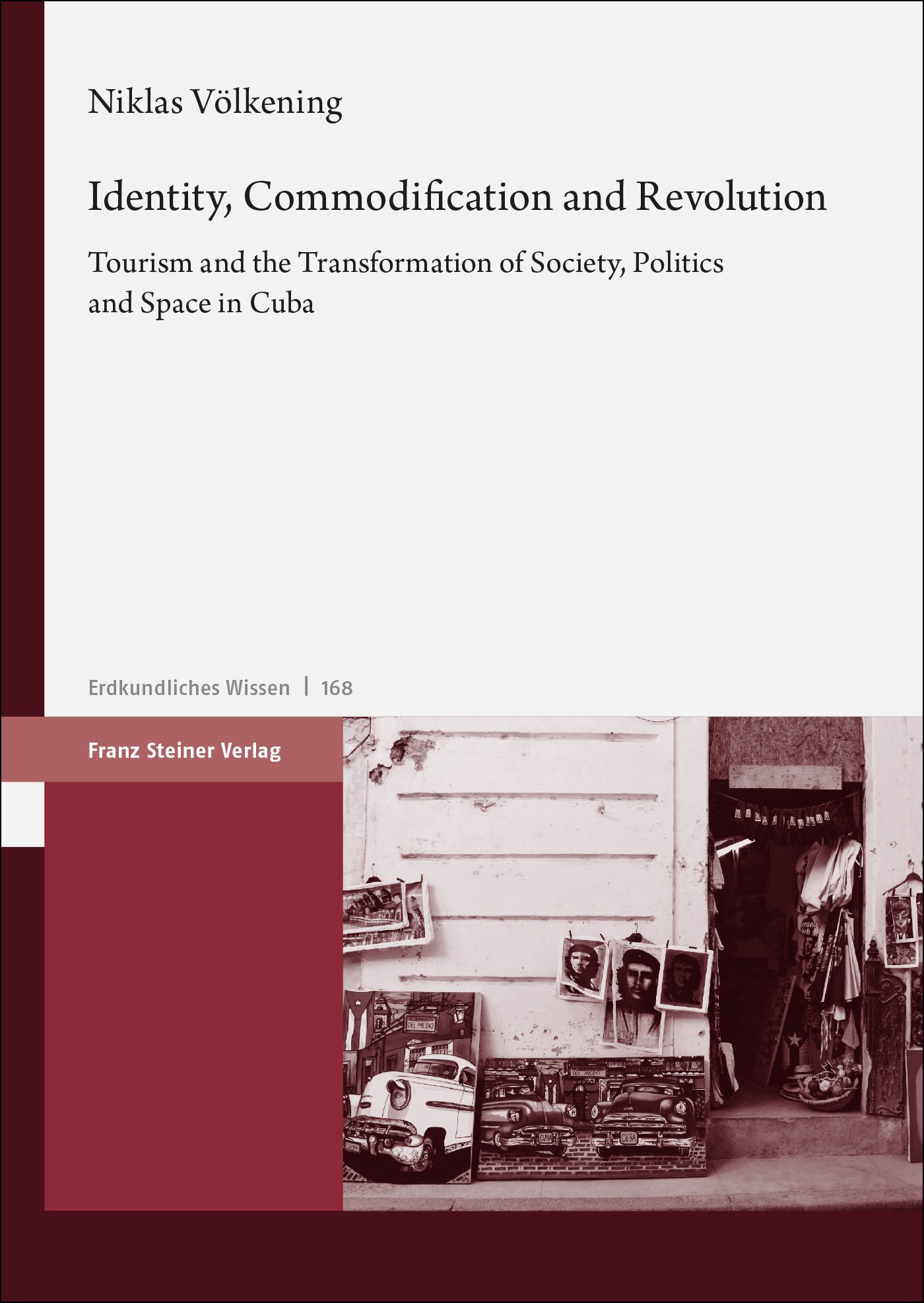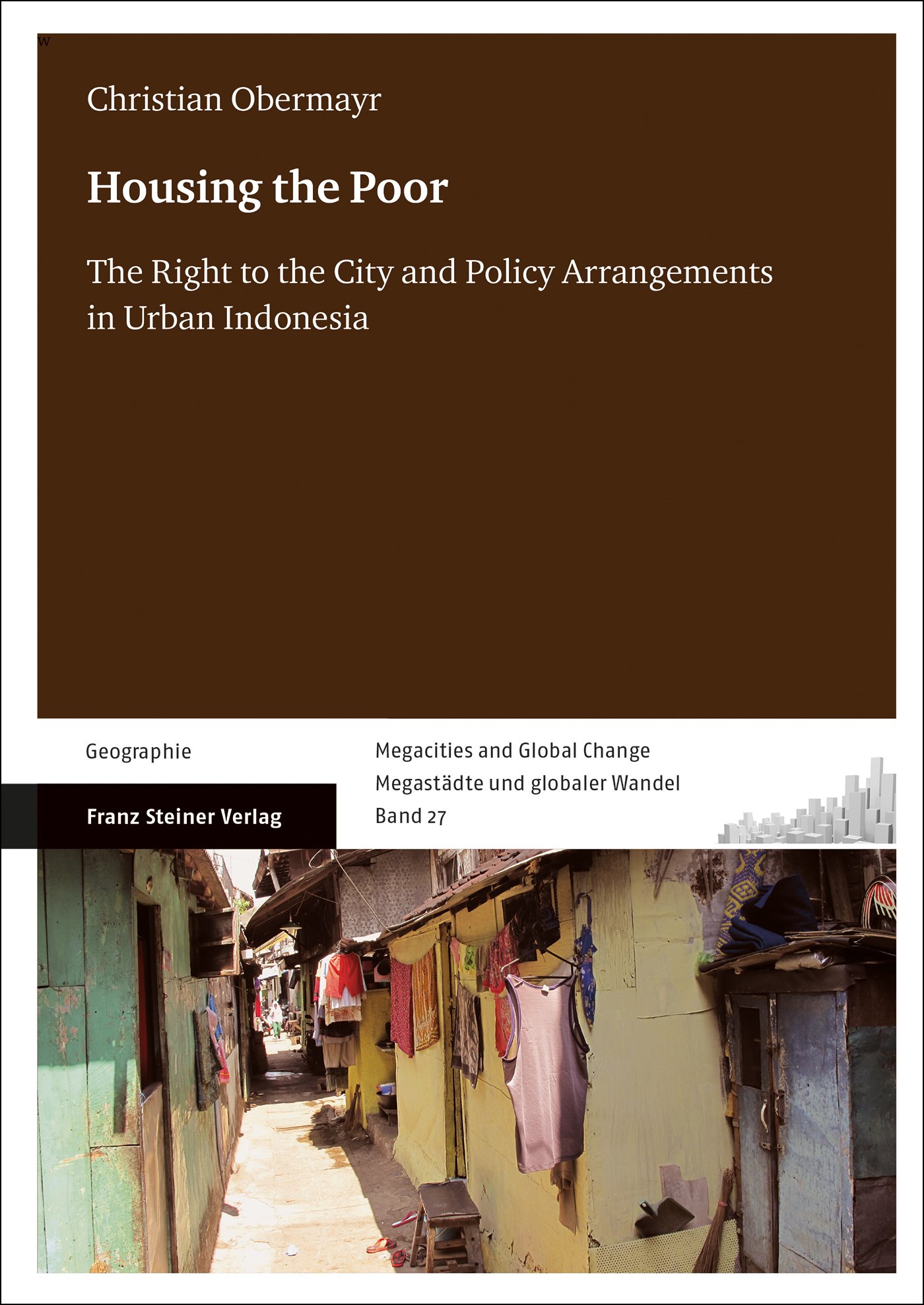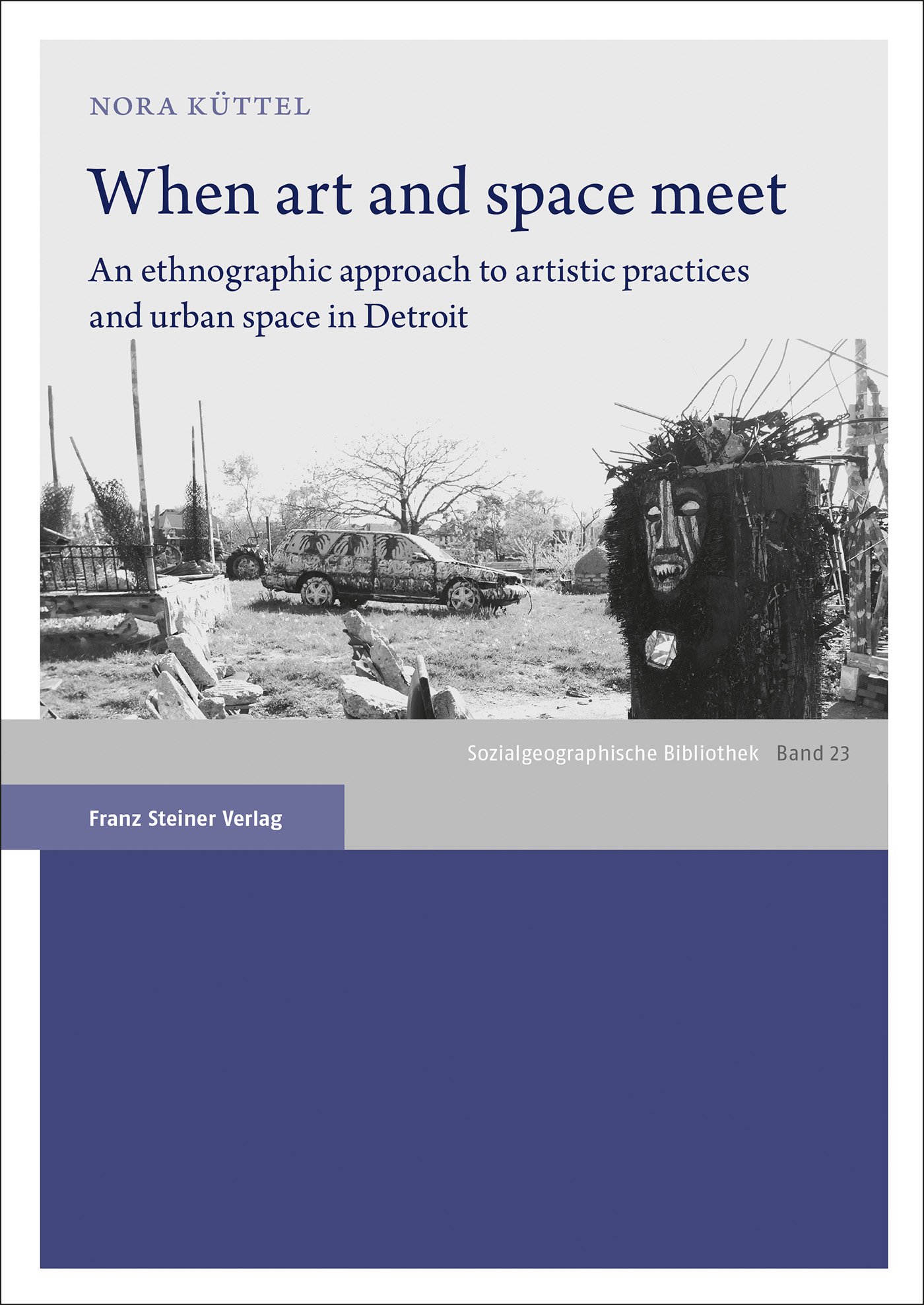Living with floods
Living with floods addresses flooding as a globally prevalent phenomenon that people deal with in different and contested ways. As empirical examples from the Mexican river Usumacinta show, local perspectives of floods can be highly ambivalent, wherein floods are described as both positive and negative dynamics. Different evaluations of floods by different actors imply different prevention, mitigation and response measures. In this study, the management of flood risks is understood as part of a complex network of social practices. Drawing on theories of social practices, especially on conceptual approaches by Theodore Schatzki, this study develops a practice theory view on flood risk management. In a social science oriented tradition of geographical risk research, flood risks are discussed as the result of social constructions and decisions. Dominant risk concepts and precautionary measures are questioned and new conceptual and methodological approaches are developed on the basis of extensive empirical field work in Chiapas. This study offers insight into "living with floods", its socio-cultural characteristics as well as its political relevance.
| ISBN | 978-3-515-12481-2 |
|---|---|
| Media type | eBook - PDF |
| Edition number | 1. |
| Copyright year | 2019 |
| Publisher | Franz Steiner Verlag |
| Length | 336 pages |
| Illustrations | 24 b/w figs., 26 col. figs., 20 b/w tables |
| Language | English |
| Copy protection | digital watermark |
